By Felicia Hamilton, Holloran Center Coordinator
Holloran Center Directors Neil Hamilton, Jerry Organ, and David Grenardo, along with Holloran Center Fellows Barbara Glesner Fines and Louis Bilionis recently co-authored an article that supplies a framework for understanding the core values of the legal profession. The authors’ intention is to guide legal educators into a thoughtful exploration of the nature of these values, and to encourage law school faculty and staff to make intentional choices around how their programs highlight them. Using the metaphor of a tree, the authors address the core values of the “trunk” (a sense of responsibility to those whom the professional serves and the commitment to professional development) and the “branch” values as codified into the Model Rules.
Read more in the abstract for “Standard 303 and the Development of Student Professional Identity: A Framework for the Intentional Exploration of the Profession’s Core Values” below:
Legal educators, following the change in ABA accreditation Standard 303(b)(3)[1], must face directly the question “what are the core values of the legal profession?” This article offers a framework both to help faculty and staff clarify their thinking on what are the profession’s core values and to spotlight the choices law schools need to consider in purposeful fashion.
The framework offered here should also help allay two concerns that faculty, staff, and students may have about core values of the profession. One concern is that all statements of values are subjective in the sense that they are expressions of individual subjective preferences, beliefs, and attitudes.[2] A second concern is that statements of values tend to privilege the traditional, and hence fail to reflect the diversity of the profession and the experience and views of marginalized members of the profession – particularly with respect to the elimination of bias, discrimination, and racism.[3]
On the first concern, the article analyzes first the core values of all the service professions to point out two core values foundational to all of them. The article then analyzes the legal profession’s core values articulated in the ABA Model Rules of Professional Conduct, adopted with some variation by all fifty states. The fifty-state adoption of the Model Rules indicates a strong consensus on the core values of the profession. On the second concern, the values framework offered here makes clear that elimination of bias, discrimination, and racism is among the profession’s core values, and that the profession should, on an ongoing basis, seek feedback widely regarding its core values, particularly from marginalized groups, and reflect on the feedback.
Part II outlines the ABA accreditation Standard 303 changes that require each law school to help students develop a professional identity through the intentional exploration of the values of the profession. This means the faculty and staff need to discern the values of the profession they want the students to explore. Part III analyzes what is a professional identity? Part IV provides a framework to help legal educators clarify their thinking about the profession’s core values. The framework features some widely shared fundamental values for all the service professions, and locates also values particular to the legal profession. Part V explores how the core values of the profession in part IV connect to “successful legal practice.” Part VI discusses cautionary arguments that traditional values like those in the Model Rules can privilege some groups and fail to account for the experiences and viewpoints of marginalized groups.
[1] Standards & Rules of Procedure for Approval of Law Schools, Standard 303(b)(3) (Am. Bar Ass’n 2023), [hereinafter Accreditation Standards], https://www.americanbar.org/content/dam/aba/administrative/legal_education_and_admissions_to_the_bar/standards/2023-2024/23-24-standards-ch3.pdf.
[2] See, e.g., Joseph Singer, Normative Methods for Lawyers, 56 U.C.L.A. L. Rev. 899, 902-911 (2009).
[3] See discussion in Part VI of this article.
You can download the article from SSRN here.
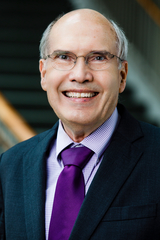
Neil Hamilton is the Holloran Professor of Law and Co-Director of the Holloran Center for Ethical Leadership in the Professions at the University of St. Thomas School of Law in Minnesota.
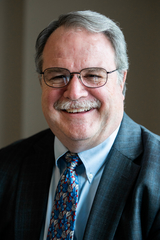
Jerome Organ is the Bakken Professor of Law and Co-Director of the Holloran Center for Ethical Leadership in the Professions at the University of St. Thomas School of Law
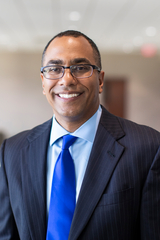
David Grenardo is a Professor of Law and Associate Director of the Holloran Center for Ethical Leadership in the Professions at the University of St. Thomas School of Law.
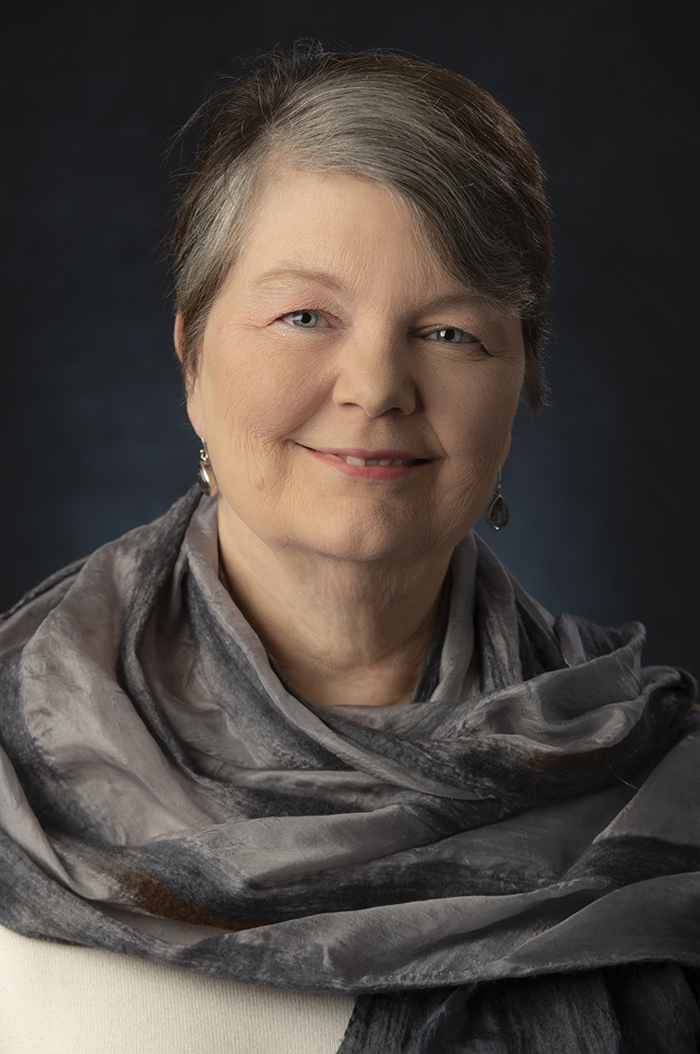
Barbara Glesner Fines is the Dean and Rubey M. Hulen Professor of Law at the University of Missouri-Kansas City School of Law.
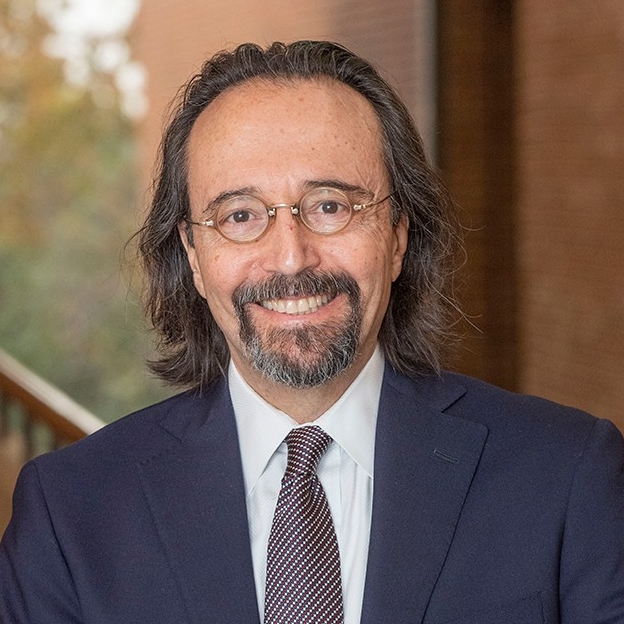
Louis Bilionis is the Dean Emeritus and Droege Professor of Law at the University of Cincinnati College of Law.
